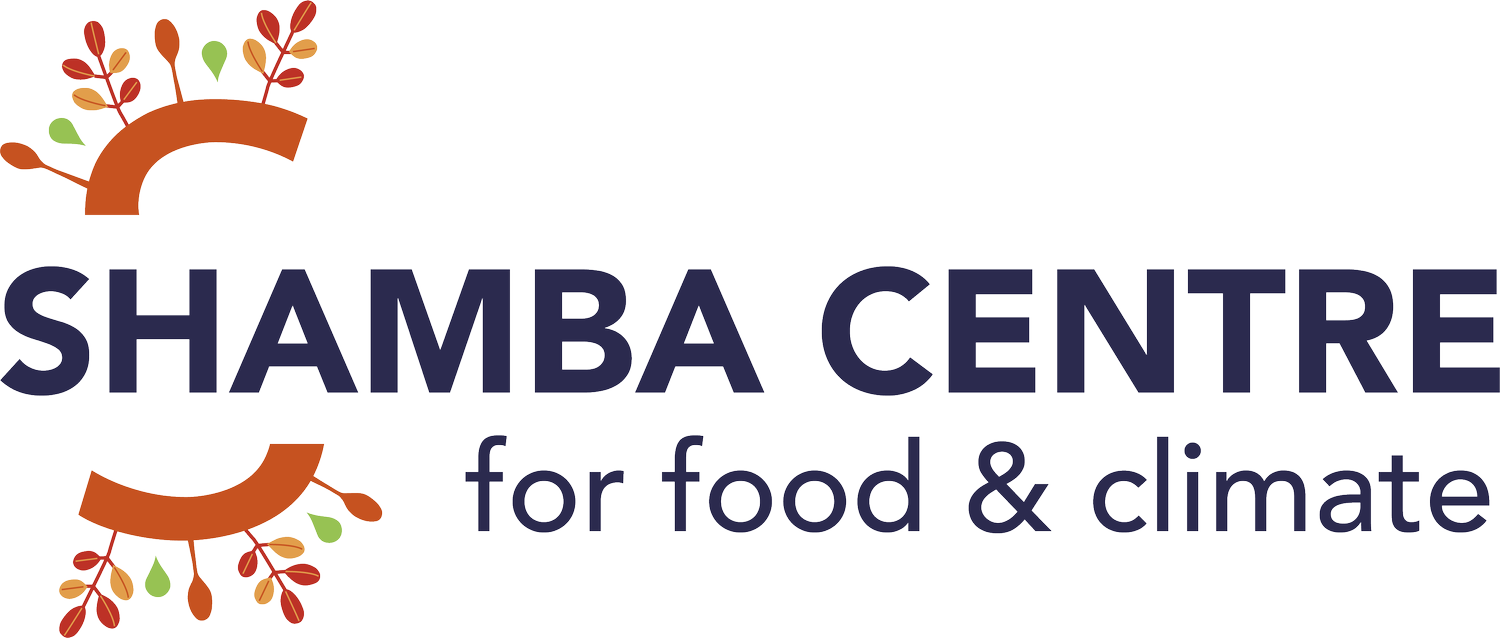
Our highlights from 2023
20 December 2023, Oshani Perera, Francine Picard, Carin Smaller
As 2023 comes to a close, we reflect on what we have done to create impact, and how we influenced those with power to disrupt agriculture and food systems to end hunger sustainably.
These are our seven highlights from 2023.
Charting a course for policymakers and donors to make high-impact decisions and investments driven by data to end hunger sustainably.
Together with the with FAO and the University of Notre Dame, we launched, an ambitious, 3-year research and advocacy project, Hesat2030, that will provide the scientific evidence and costs for how to end hunger sustainably, nutritiously, and equitably. Hesat2030 builds on the work of Ceres2030 and the FAO Global Roadmap, and partners with the Zero Hunger Coalition, Private Sector Pledge, Juno Evidence Alliance, GAIN, CABI, Havos.ai, and the Innovation Commission for Climate Change, Food Security and Agriculture and the Global Donor Platform for Rural Development.
Demonstrating the catalytic power of aid to mobilize private investment.
Our extensive enquiry on sustainable finance with the Global Donor Platform for Rural Development examined the catalytic power of aid to mobilize private finance for agrifood SMEs. We learned that if donors and development finance institutions (DFIs) take higher risks with their grants and lending, every donor dollar has the potential to mobilize four dollars in commercial finance. When this happens, agri-food small and medium-sized enterprises (SMEs) will have more financing, domestic lenders will participate, and markets will deliver affordable borrowing prices.
Catalyzing action to end hunger through the Zero Hunger Coalition and the Zero Hunger Private Sector Pledge.
The work of the Zero Hunger Coalition continued to flourish with new initiatives in Madagascar and Zambia, and ongoing work in Ethiopia, Malawi, and Nigeria. Next year, we will work with our Coalition partners - FAO, IFAD, GAIN, and WFP - to develop evidence-based and costed roadmaps for Bangladesh, Cambodia, and the Democratic Republic of Congo. The Coalition also announced its inaugural Chair, the Honourable Ibrahim Mayaki, the African Union’s Special Envoy for Food Systems, as well as former Prime Minister of Niger and former CEO of AUDA-NEPAD. Several new supporters joined the Coalition, with members representing over 50 countries, including the African Adaptation Initiative (AAI), the African Food Systems Parliamentary Network, and the Economic Community of Central African States (ECCAS).
The Zero Hunger Private Sector Pledge solidified its credibility and integrity with the launch of its first accountability report and a growing number of pledgers - 50 companies pledged USD 575 million in 49 priority countries, and supported by AUDA-NEPAD, FAO, GAIN, Grow Asia, IFAD, IISD, Shamba Centre, WBA, WBCSD, and WFP.
Highlighting the links between the extreme levels of concentration in agri-food markets in Africa and food insecurity.
We are working with competition authorities in east and southern Africa to expose and discipline anti-competitive practices in the sectors of fertilizers, poultry, and animal feed. Doing so will enable agri-food SMEs to enter markets, innovate, and have a level playing field. This work emerged from our recent report on unfair competition practices in Africa and their harm on small producers and SMEs. Riding on the momentum of reforms in the US and EU in response to the anti-competitive behaviour of digital platforms like Google, Amazon and Facebook, we are convinced that the development community can do more to support competition institutions in Africa. You can read the full report here or experience it interactively here.
Actively supporting sustainable aquaculture and the blue economy, including the opportunities and challenges for restructuring sovereign debt in a way that protects the climate, preserves nature and improves food security.
Our sustainable aquaculture project showcased best practices for building sustainable aquaculture designs that integrate and complement nature-based solutions. Our paper on debt-for-nature swaps shows the path forward for countries facing high debt burdens and negative impacts from climate change.
Demonstrating the potential of traditional African crops for food security, nutrition, and climate adaptation.
Together with our partners in Hesat2030, we explored the potential of neglected crops in Africa and Latin America in two blog posts. To understand how these crops can be scaled up sustainably to improve food security, nutrition, and climate resilience outcomes on the African continent, we conducted focus group workshops and bilateral interviews to gather knowledge and views from businesses, farmers’ organisations, consumer groups, women’s associations, and other local non-governmental organisations. We also began publishing a series of stories, Testimonials from Champions of Traditional African Crops, and will issue a policy brief in early 2024.
Provoking our intellect and networks at CoP 28.
We ended the year at CoP 28, with our virtual CoP Pavilion for Hesat2030 and a flurry of side events and activities. We organized and attended events with political leaders from Africa, brainstormed a number of ideas with our partners and articulated strong opinions about what we can do next to drive a sustainable future.
We invite you to accompany us into 2024 with renewed energy and optimism to achieve a sustainable, nutritious and equitable future for all.
